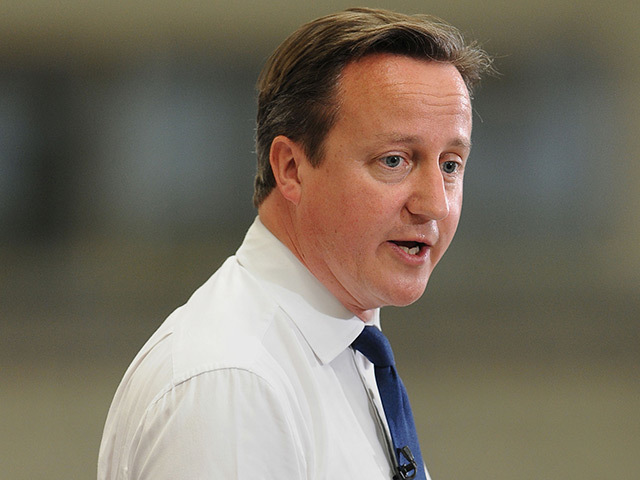
David Cameron has insisted warnings over Brexit’s economic impact should be heeded as experts underestimated the falls in oil prices ahead of the Scottish referendum.
The Prime Minister was urged by the SNP’s Westminster leader Angus Robertson to fully explain the effects of Britain leaving the EU on Scottish schools, the NHS and other public services before the June 23 vote.
Mr Robertson referenced warnings from Chancellor George Osborne and his Labour predecessor Alistair Darling, now a peer, in which they claim there could be £30 billion of tax rises and spending cuts within a couple of months of a Leave vote.
But the PM drew parallels with the 2014 vote on Scottish independence, in which the SNP’s revenue predictions from North Sea oil were criticised as being too high.
The oil price and taxation collapsed weeks after voters backed the country staying in the UK, with Mr Cameron arguing the reality was “worse than the experts warned”.
Speaking during Prime Minister’s Questions, Mr Robertson asked the PM about the predicted cuts in the event of Brexit: “What impact would that have on public services in Scotland? Please can we learn now before we vote.
“What impact would that have on the budget in Scotland that pays for the NHS in Scotland, for our schools in Scotland, for local government and for all key public services?
“Is that yet another reason why we must vote to remain in the European Union?”
Mr Cameron replied: “These figures are not based on what the Chancellor of the Exchequer is saying, they’re based on what the Institute of Fiscal Studies and the National Institute of Economic and Social Research are saying.
“They are talking about a £20 billion to £40 billion hole in our public finances if Brexit were to go ahead.
“Now, these are organisations often quoted across this House many times against the Government because they are respected for their independence.
“So clearly if that is the impact on public finances, decisions to cut public spending in the UK budget do have an impact through (the Barnett formula) on Scotland.
“And to anyone who says ’Well these warnings, of course, they could be wrong or they could be inaccurate’, and this is an uncomfortable point perhaps to make to you, of course there were warnings about the oil price before the Scottish referendum – it turned out actually to be worse than the experts warned.”
Recommended for you
